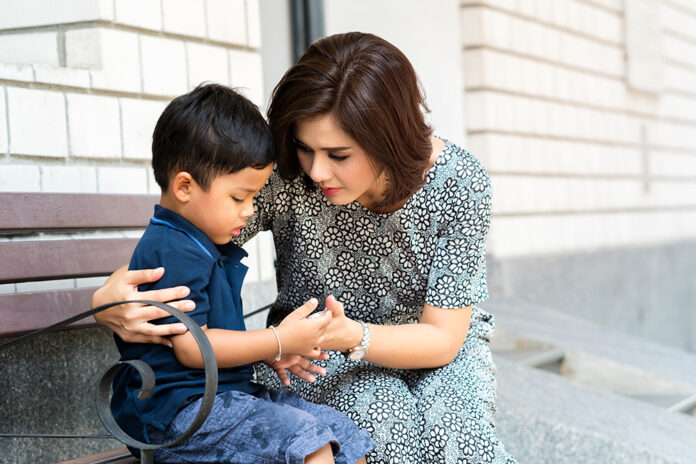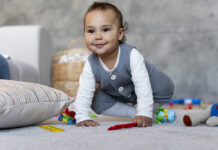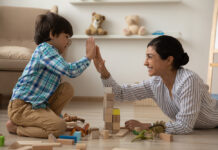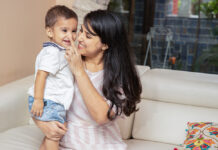This post is also available in: English
Children become more impressionable and receptive as they grow older. What we expose them to as toddlers is most likely what they will carry with them for the rest of their lives. How you as parents interact with your child, especially in their early stages, has a huge impact on their self-image and confidence. You probably know all the dos of parenting, here are some don’ts.
Be cautious of your reactions when upset.
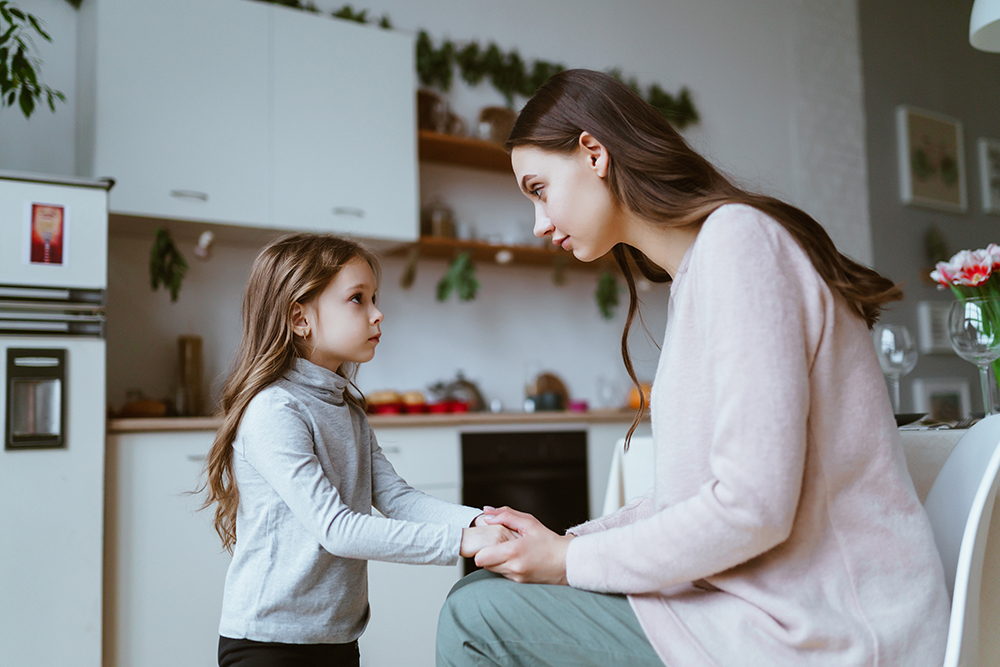
Your child almost always copies your behaviour and imitates your response as the appropriate one for anger. Remind yourself to take a deep breath and count to 10 (or 100 depending on how angry you are). Or think of something cute that your baby did recently and you’ll end up smiling instead of staying angry.
Don’t discourage a good cry.
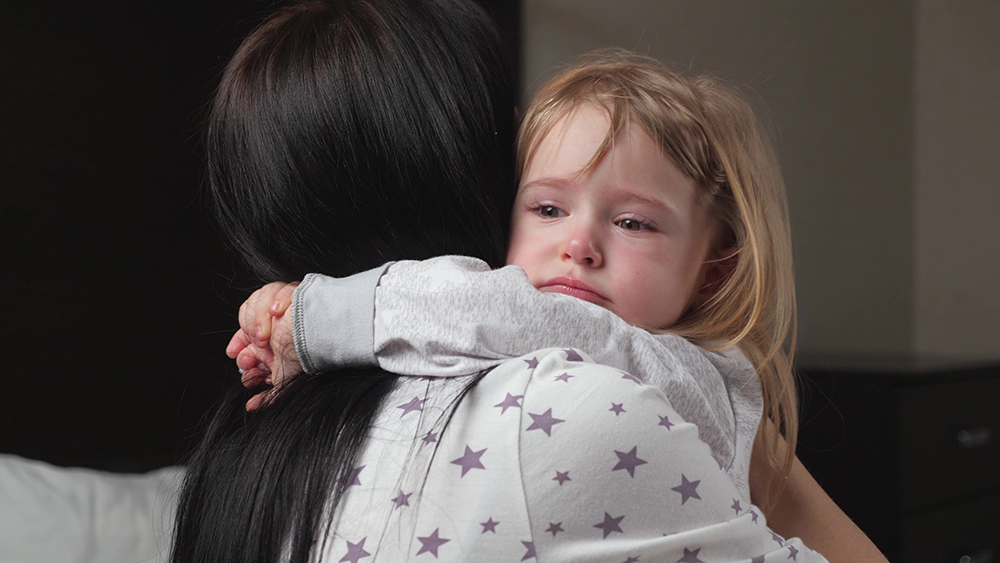
Telling children to stop crying makes them feel guilty for displaying emotion. As frustrating as it may be for you to watch your child cry, always stopping your child from doing something that is completely natural, does not help. Instead help your child effectively communicate their feelings to you, so you can help in the best way you can.
Don’t always jump to their rescue
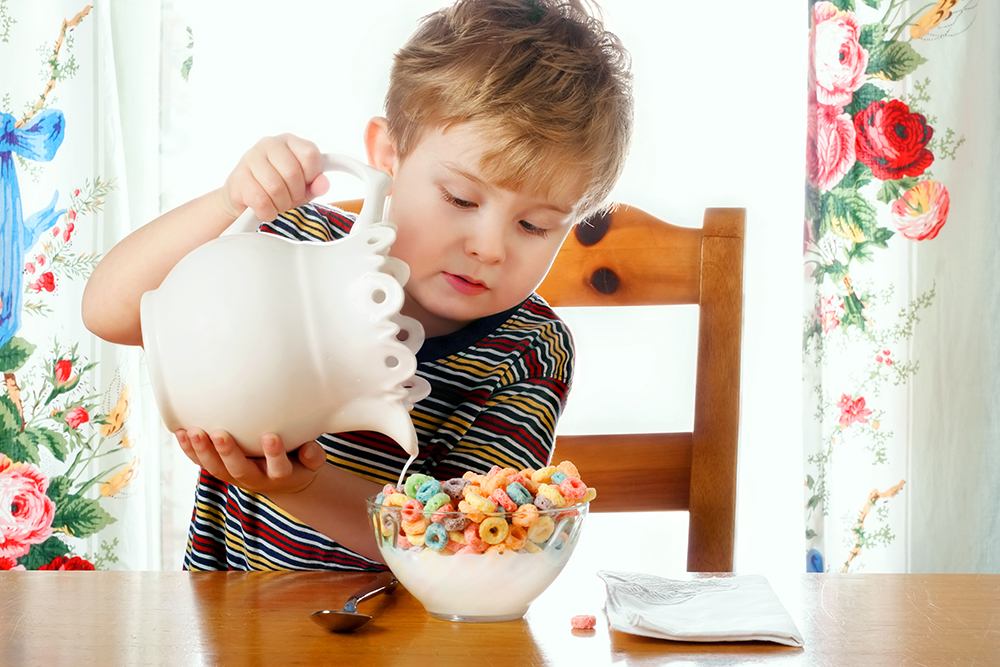
Your child will learn much more from tiny struggles. If your child is struggling with something, watch and wait. Interfering too soon will only end up reducing their independence. Instead, wait for your child to ask for your aid. This will help build their confidence and lessen their dependence on you.
Limit your child’s phone and screen usage.
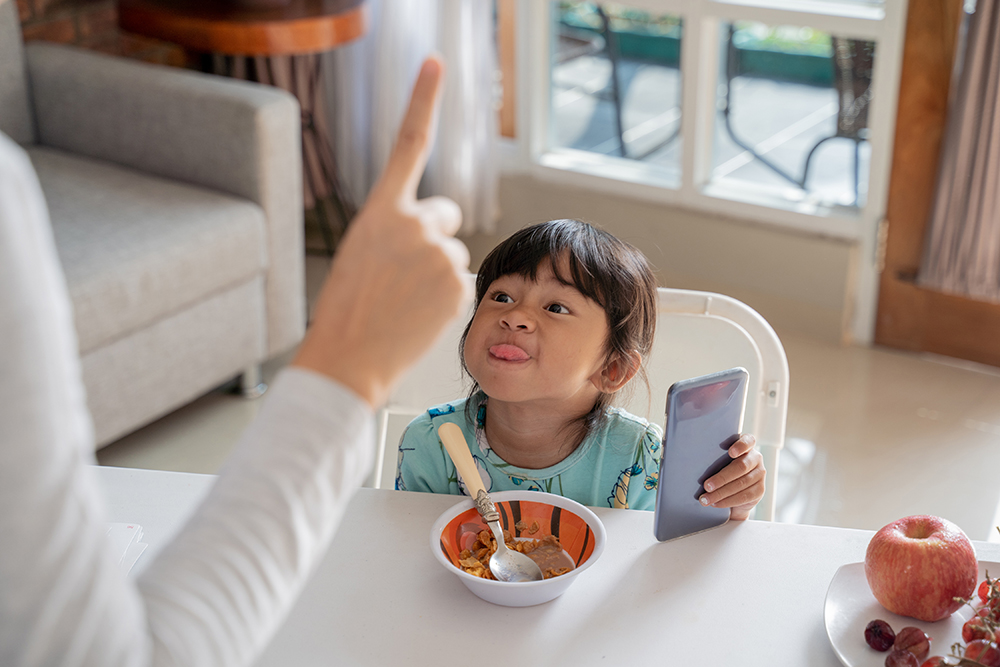
Start by cutting down on your own screen time because your child will invariably follow your example. There have been many studies that show that excessive device usage is increasingly addictive and harmful for children and dim their bright imagination and ability to think in the long run. Additionally save their eyesight and make them read a book instead.
Remember that comparison kills

Avoid comparing your child or their work to that of others. This is incredibly harmful to your child’s self worth and inherent confidence. If you fall into the comparison trap, you might end up raising a child who will be liable to high stress levels and anxiety, in his / her adult life.
Dear Smart Mums, as we wind up, we’d like to add one more don’t to this list of don’ts. Don’t hesitate to let us know what topics you want us to cover in our blogs in the comments below.
This post is also available in: English

